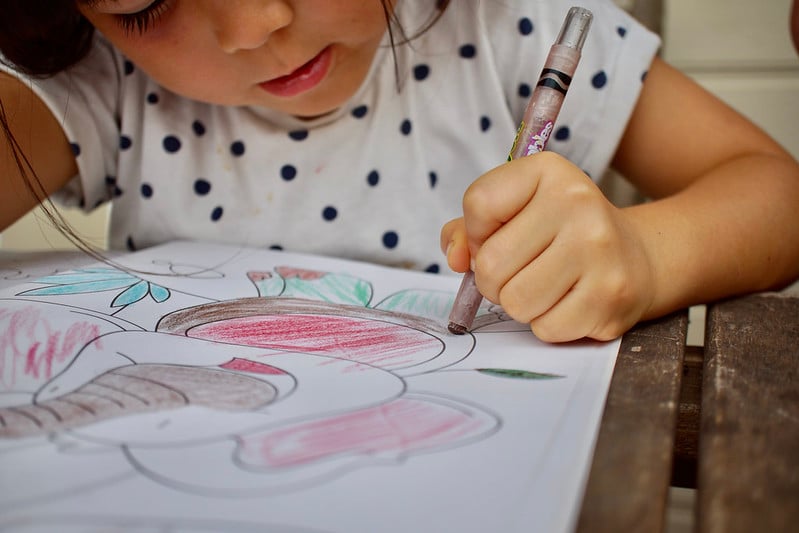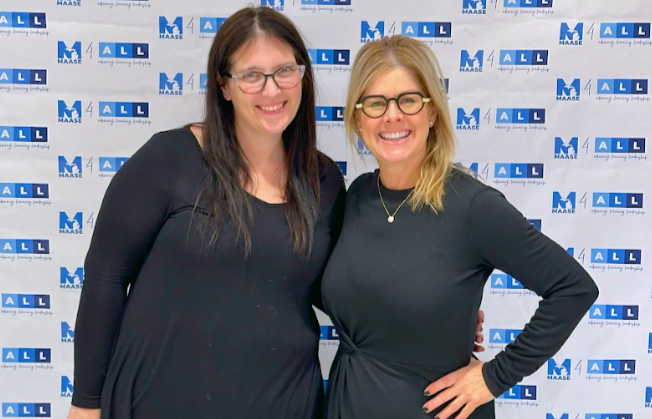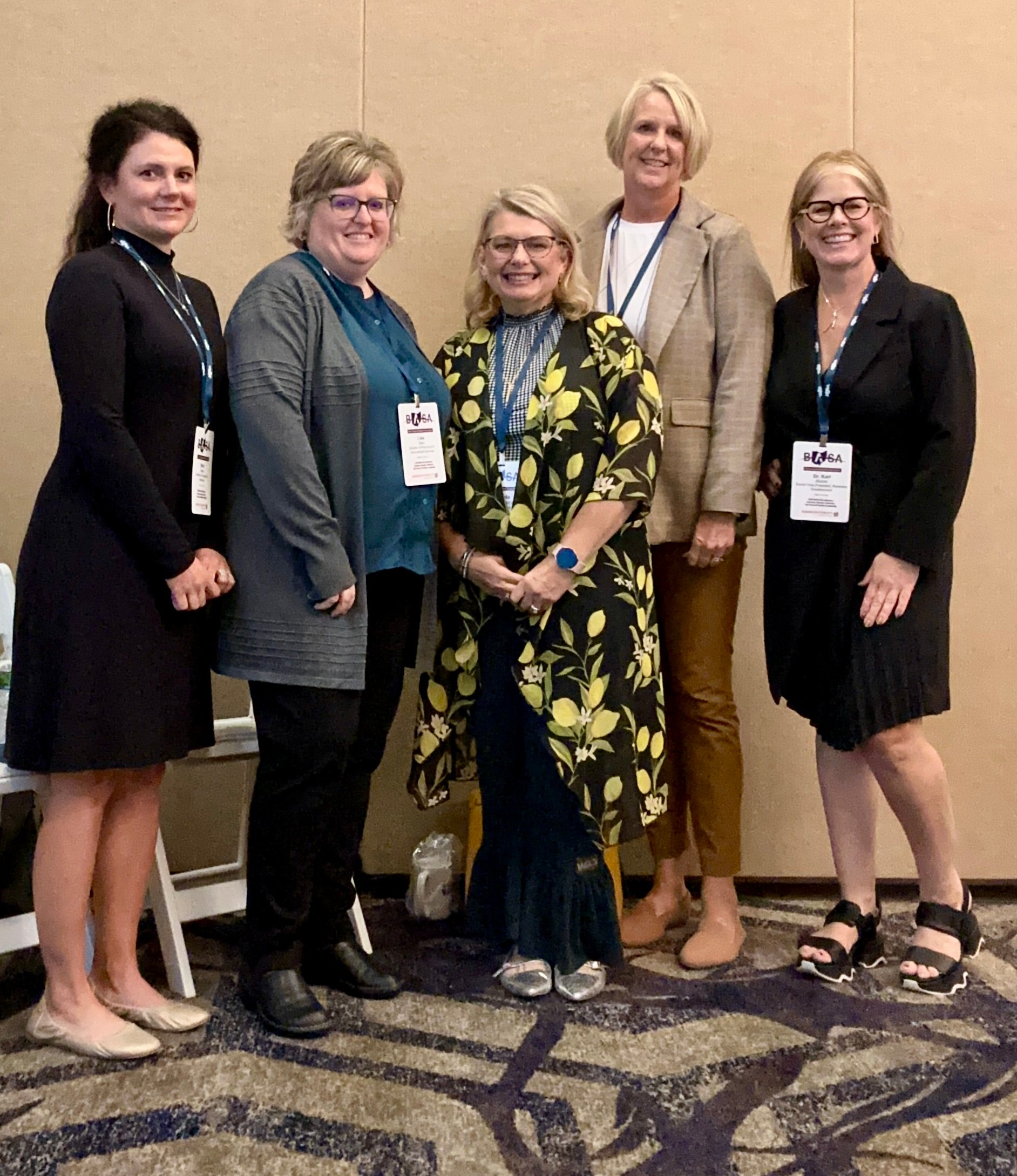Happy International Left Handers’ Day! Is There a Connection Between Handedness and Autism?
Roughly 90% of the entire population is right-handed, and this can place an unnecessary burden on those with autism who are much less likely to be right-handed than the general population.1&2 When it comes to fitting in with peers in an environment that is not well-suited, attuned to, or accommodating of one’s specific needs, undue challenges often arise for neurodiverse individuals who live in a world that is largely accommodating the neurotypical–and predominantly right-handed–population.
August 13th, however, is International Left Handers’ Day–a day when left-handed individuals are celebrated around the world for the diversity, creativity, and value they bring to society. Being left-handed or, more specifically, non-right-handed is common among those with autism, and August 13th is a day dedicated to celebrating the differences that make non-right-handed individuals unique.
Left-Handedness in Research

In a study controlled for average intelligence (IQ), sex, and age, roughly 62% of those on the autism spectrum were not right-handed (i.e., they were more likely to be either left-handed, mix-handed or of unclear-handedness) compared to only 37% of the control sample population.2 Moderate dysfunction of the right brain–rather than the left brain–was noted among some individuals in the left-handed population with autism, indicating a need for further research and assessment in this area.
Mixed-handedness (or unclear-handedness) appears to be slightly more common in the autistic population than being purely right-handed. Findings from the National Institutes of Health (NIH) suggest that individuals with autism are 2 to 3 times more likely to be mix-handed, left-handed, or of unclear-handedness than typically-developing individuals.3&4 These studies propose that differences in handedness may be associated with atypical brain lateralization or variances in cerebral structure.
Furthermore, rates of unclear-handedness and mixed-handedness “were significantly higher in autistic children compared to normal children…, [which is] in agreement with previous observations on the disturbances in hand preference in ASD.” 6 Although it remains unclear exactly how prevalent mixed-handedness is among those with autism, several studies indicate that there is a slight to moderate association between non-right-handedness (or unclear-handedness) and autism. Further research is warranted in these areas, however, as no definitive conclusions have yet been reached.
Challenges of Living Left-Handed or Mixed-Handed
Throughout their daily lives, left-handed individuals frequently encounter bias in the way that regular equipment, tools, and machinery are designed. The following are items that are often built for right-handed people:

- Scissor handles (easy to grip for right-handed individuals)
- Acceleration and brake pedals in cars (located on the right side of most vehicles)
- Vegetable peelers (work better when used with the right hand)
- Soap dispensers and faucet handles for kitchen sinks (often located on the right side)
- Crank-open can openers (commonly designed for right-handed individuals)
- Tape measures (left-handed individuals routinely have to measure upside down)
- Microwave buttons (typically located on the right side of the microwave)
- Spiral-bound notebooks, journals, and binders (spirals impede the left hand from gliding smoothly down the page)
- One-sided coffee mugs (have the design printed on the wrong side of the cup when held in the left hand)
- Musical instruments (may require learning to play with one’s right hand or taking lessons from a fellow left-handed musician)
- Mousepads for computers and the number pad on keyboards (commonly located on the right)
- Swiping devices for credit cards (card reader is usually on the right side)7
- Zippers on pants (the flap often covers the left, giving easier access on the right)
- Graduated glass measuring cups (normally have standard units and the handle on the right side–rather than the left)
The above examples generally accommodate right-handed individuals while those who are left-handed must learn to adapt or spend extra money to purchase options that are friendly to the left-handed.
Mistreatment of Left-Handed Individuals
Over the past several centuries, many left-handed individuals have experienced mistreatment due to differences in handedness. Despite the fact that many noteworthy people were left-handed, such as Walt Disney and Albert Einstein, mistreatment still occurred.
Lefties recount experiences from their past with memories of getting beaten at school for using their left hand, being expected to use their non-dominant right hand for daily tasks, and even having items handed towards their right during childhood in hopes that they would not become left-handed.
Back in the Medieval times, left-handed individuals were considered unlucky at best and weak–or sinister–at worst.8 Cultural bias certainly played a role in the way people viewed left-handed individuals, and many had a hard time imagining why one would gravitate towards using their left hand.
Although people often hold misconceptions about what it means to be left-handed, this distinction should be celebrated as a uniqueness that benefits society because many left-handed individuals are actually quite creative and analytical–and they frequently display robust verbal language and imaginary thinking skills.

Celebrating Diversity in Handedness
Celebrating left-handed individuals is easier than it might sound. First off, considering the diversity that those who are left-handed, mixed-handed, and/or on the autism spectrum bring to society is a good place to start.
Left-handed individuals–as well as those with autism–should not be looked down upon due to their differences. Instead, their unique outlooks and ways of thinking should be cherished, celebrated, and upheld as valuable. August 13th is a day to celebrate the many ways that left-handed individuals benefit and contribute to society as a whole.
Some suggestions for celebrating International Left Handers’ Day include:
- Attempt to use your left hand for the day and see what obstructions–like opening cans, using scissors, or writing in spiral-bound journals–occur.
- Post, send, and share photos of left-handed individuals in their natural habitat (e.g., at school, in the workplace, at home, or during extracurricular activities).
- Gift a left-hand-friendly item to a lefty; special scissors, can openers, vegetable peelers, journals, and more can be found online and make a big difference in the lives of lefties.
- Ask those who are left-handed how they prefer to be celebrated; this can be especially helpful for left-handed individuals on the autism spectrum.
- Seek to empathize with lefties throughout the day, every day.
A little compassion goes a long way, and there are many ways to celebrate International Left Handers’ Day, so strive to understand, relate with, and acknowledge those who are left-handed each day.
While only about 10% of the population is left-handed, lefties often bring a creative, valuable, and unique perspective to the world around us. Society as a whole would not be where it is today without contributions from left-handed individuals like Bill Gates and Barack Obama.
Research suggests that many on the autism spectrum may be left-handed, mixed-handed, or of unclear-handedness, and this factor should be considered in treatment and home settings. Those with autism deserve to be treated fairly–and with dignity–throughout their lives, regardless of their preference in hand choice or their cognitive differences.
Neurodiversity is a cause for celebration just as International Left Handers’ Day is!
What are some other ways that International Left Handers’ Day can be celebrated with those on the autism spectrum?
References
- http://www.apa.org/monitor/2009/01/brain
- https://www.sciencedirect.com/science/article/abs/pii/0165178183900252?via%3Dihub
- https://pubmed.ncbi.nlm.nih.gov/28735387/
- https://pubmed.ncbi.nlm.nih.gov/29594926/
- https://www.yourtherapysource.com/blog1/2016/03/27/handedness-language-and-autism/
- https://www.sciencedirect.com/science/article/pii/S1877042816000574
- https://www.insider.com/things-that-are-hard-for-left-handed-people-2016-11
- https://historyofyesterday.com/left-handers-once-experienced-severe-stigmatization-and-discrimination-f172c2fde6ef
Download our handout for a step-by-step guide on how to assist left-handed individuals with autism.

Kenna McEvoy
Kenna has a background working with children on the autism spectrum and enjoys supporting, encouraging, and motivating others to reach their full potential. She holds a bachelor's degree with graduate-level coursework in applied behavior analysis and autism spectrum disorders. During her experience as a direct therapist for children on the autism spectrum, she developed a passion for advocating for the health and well-being of those she serves in the areas of behavior change, parenting, education, and medical/mental health.




